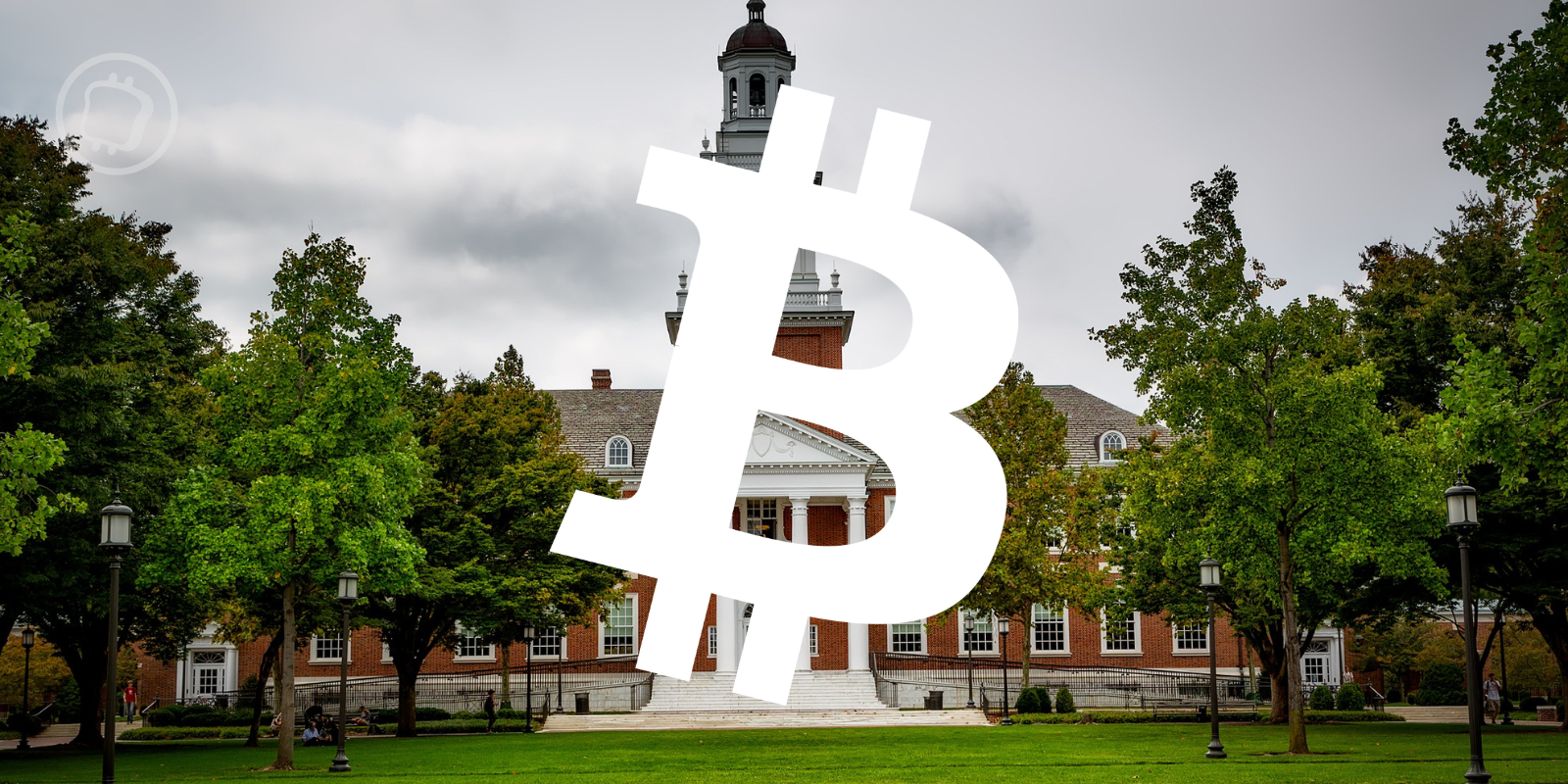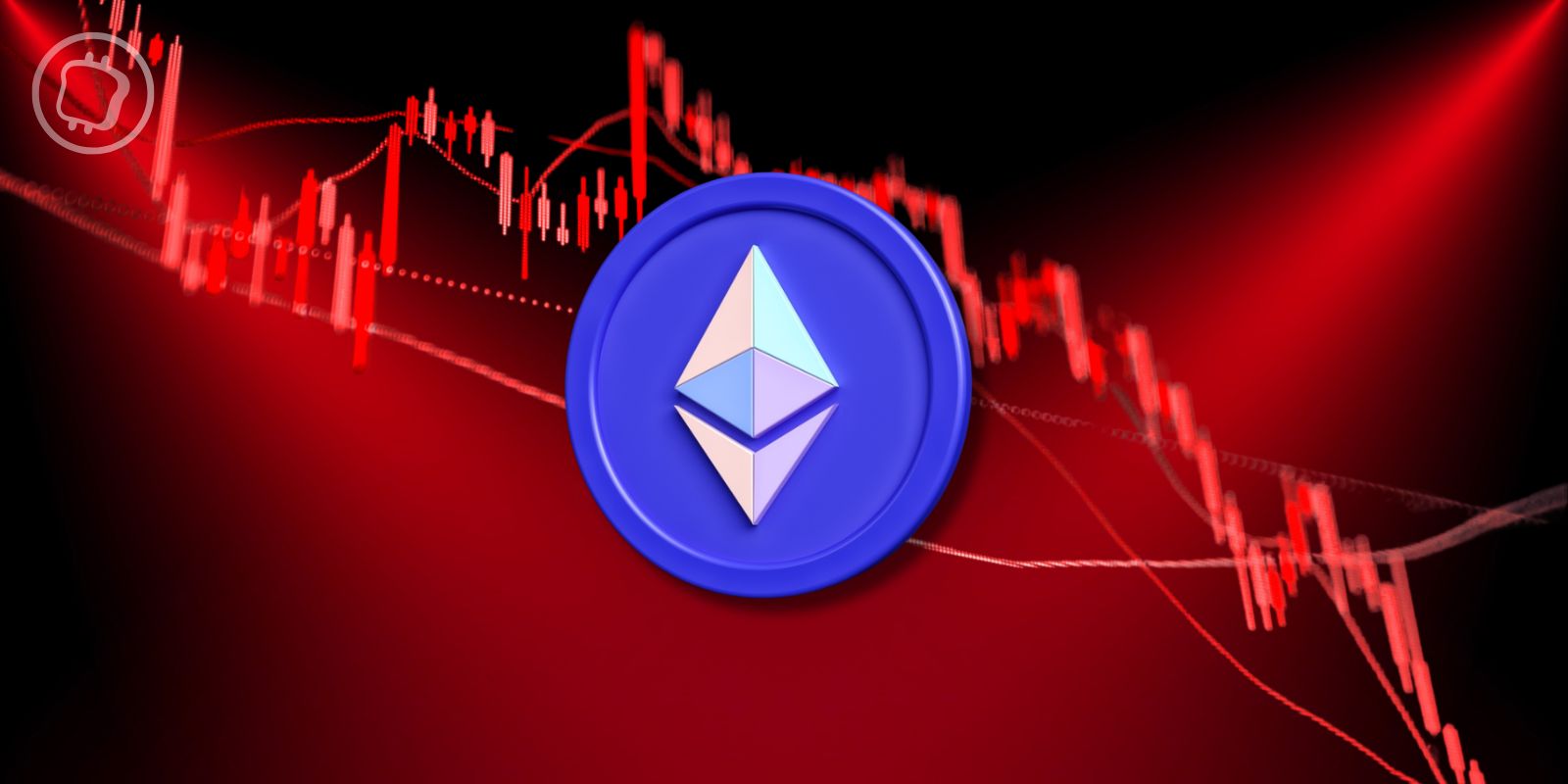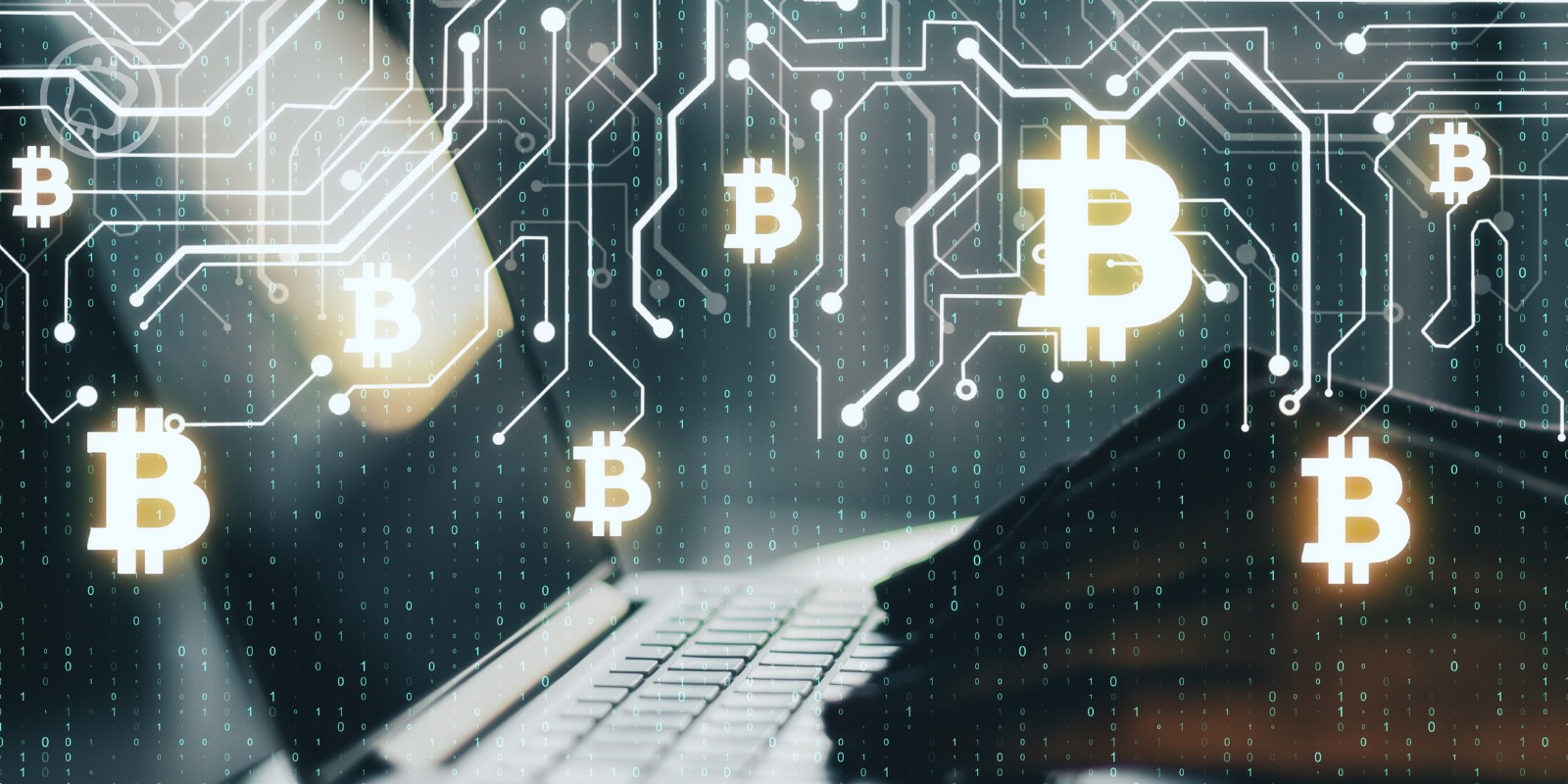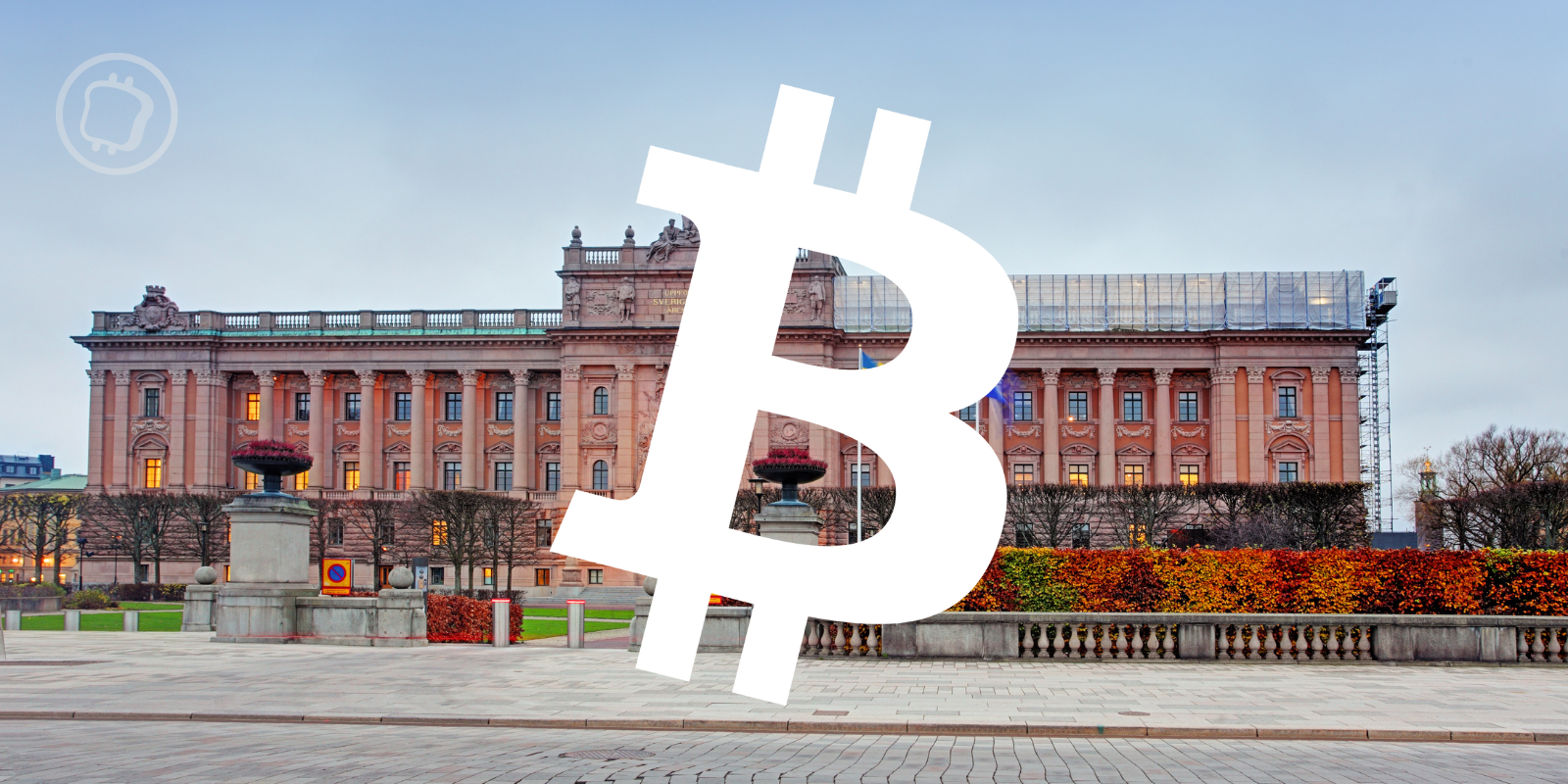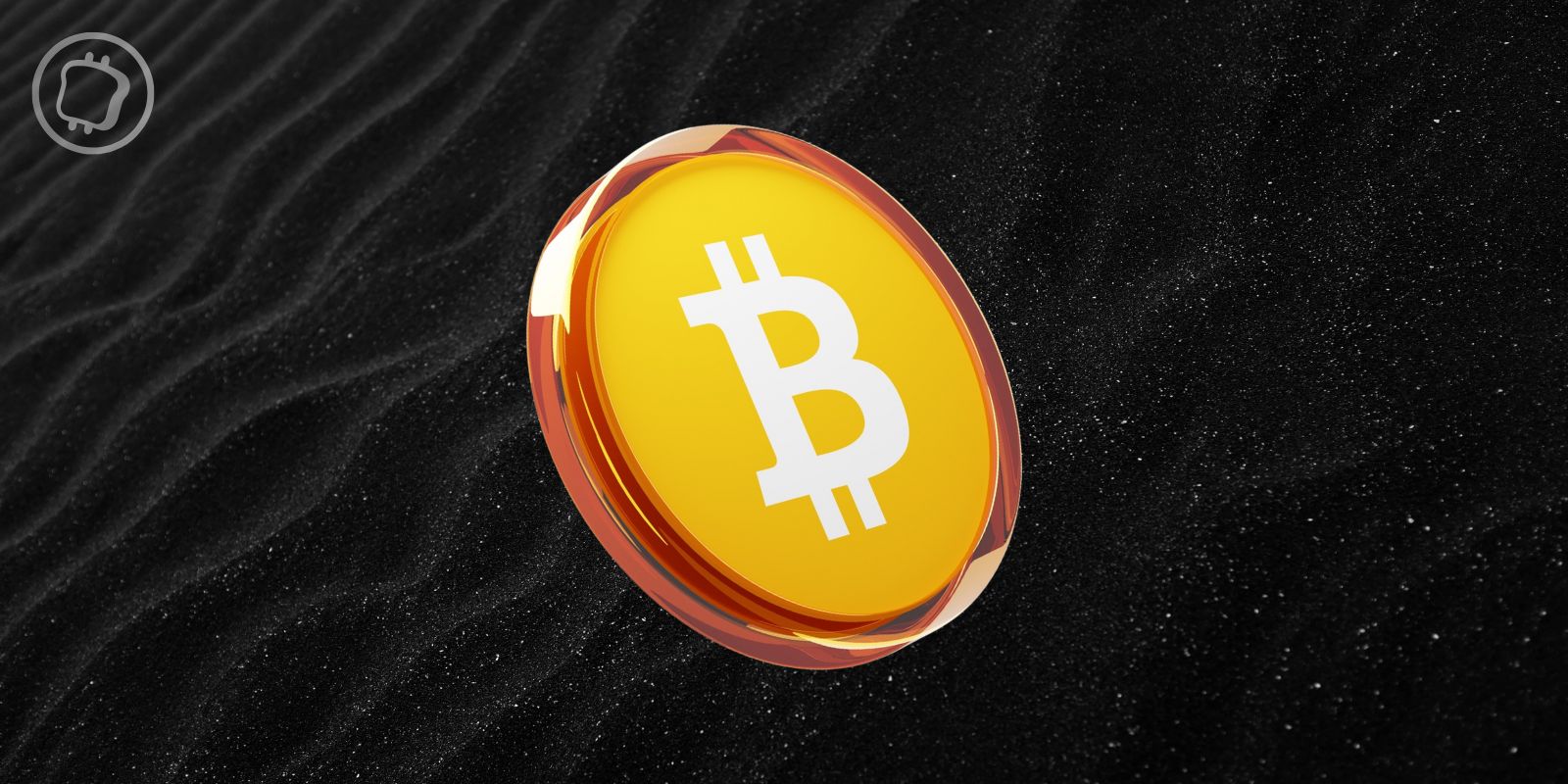The marketing in France of a Play-to-Earn (P2E) game is anything but child’s play, as the regulations potentially applicable are numerous and their violations liable to sanctions.
In France, while online gambling was opened up to competition in 2010, the latter are subject to increased vigilance the National Gaming Authority (ANJ) and the Intelligence Processing and Action against Clandestine Financial Circuits Department (Tracfin), in particular with regard to the risks of addiction and money laundering and terrorist financing.
In a constantly changing regulatory environment, the recent warning from the ANJ vis-à-vis the activities of the French unicorn Sorare is a new illustration of the need to pay particular attention to these subjects.
Play-to-Earn, what is it?
If the expression ” Play-to-Earn ” translates into French as “ Play to Win “, it commonly refers to online games, which can be based on blockchain technology, and allow players to be rewarded for their participation, via benefits in cash or in kind.
In this context, playing allows you to be eligible for rewardsfor example in fungible or non-fungible tokens (NFTs), notably via the opening of “loot boxes”, the sometimes random content of which can be exchanged for other tokens or in legal tender currencies.
However, every game has rules and development studios must remain vigilant about regulations that may apply.

The principle ban on gambling and games of chance
The rules are a priori simple: gambling and games of chance are prohibited in principle with the exception in particular of certain online games subject to prior approval by the ANJ: horse betting, sports betting and online circle games (poker).
The qualification of gambling and games of chance is based on three cumulative material elements : the public nature of the offer, the expectation of a gain and a financial sacrifice by the player.
On the public nature of the offer
An offer made to a circle beyond the limits of the private circle, such as that of family or friends, is considered to be addressed to the public. According to the ANJ, this condition is met when the offer is made through a public online communication service such as the Internet.
For this criterion to be met, the game must therefore be accessible from Francefor example via the Internet.
On the expectation of gain
Although from the outset it has been the very essence of a video game in which the “game” must be won, this notion has however evolved considerably. Traditionally, the player hoped for a gain without monetary value and not likely to be resold. For example, the contents of loot boxes, a widely used mechanism, traditionally had no economic value.
As part of a P2E game backed by blockchain technology, the player can commonly win fungible or non-fungible tokens (NFTs)which may vary in rarity, and can be traded or resold on a secondary market.
In this case, the player’s expected gain results from the monetary value that he can withdraw from his prize. The expectation of gain must therefore be understood in the broad sense because it can cover gains in cash but also in kind, in particular by the delivery of crypto-assets if the latter are likely to be monetized, that is to say be resold.
If the fact that the gain is due, even partially, to chance was previously a criterion taken into account to prohibit gambling, the question now remains open, especially since the involvement of the player’s know-how does not is not decisive.
On financial sacrifice
Finally, on the financial sacrifice, this will be characterized as soon as the player paysdirectly or indirectly, a sum of moneyeven if it were only a few cents.
As such, even if this interpretation has not yet been validated by a judge, the simple fact of granting access to personal data could be similar, from the player’s point of view, to a financial sacrifice.
Therefore, if a game meets the above three cumulative criteria, it falls into the category of gambling and games of chance and is formally prohibited in France.
The analysis to be carried out with regard to the regulations in terms of digital assets
Since the PACTE law of May 22, 2019, the fact of marketing in France all or part of the following services on digital assets requires registration as a digital asset service provider (PSAN):
- custody of digital assets on behalf of a client;
- the service of buying or selling digital assets in legal tender;
- the service of exchanging digital assets for other digital assets;
- and/or operating a digital asset trading platform.
The fungible or non-fungible tokens offered in P2E games could thus carry, depending on their characteristics and after analysis on a case-by-case basis, the qualification of digital assets, in particular in the case where a utilitarian character would be attached to them.
Services involving such assets may therefore requirein some cases, registration of the service provider as a PSAN.

Conclusion on the creation of a Play-to-Earn in France
If the Play-to-Earn market presents many opportunities, its players will have to beware of throwing themselves headlong into its development and marketingcertain risky decisions that can lead to legal qualifications with significant consequences.

Disclaimer: This article is published for educational and informational purposes only. It is not intended and should not be construed as legal advice.
This article is the result of the collective work of Me Daniel Arroche (partner lawyer – d&a partners) and Me Joseph Bohbot (collaborating lawyer – d&a partners).
Newsletter
Receive a summary of crypto news every Monday by email


